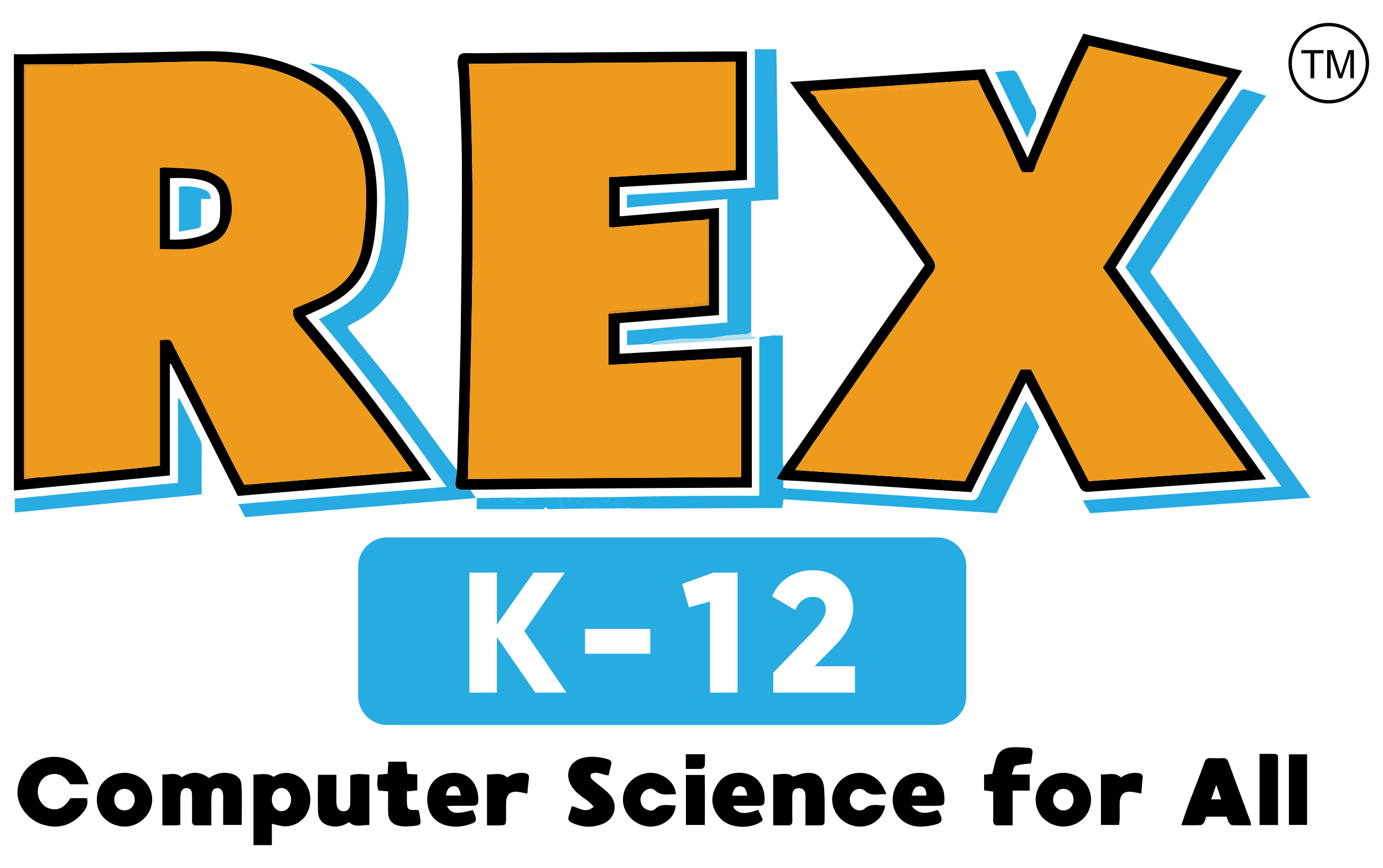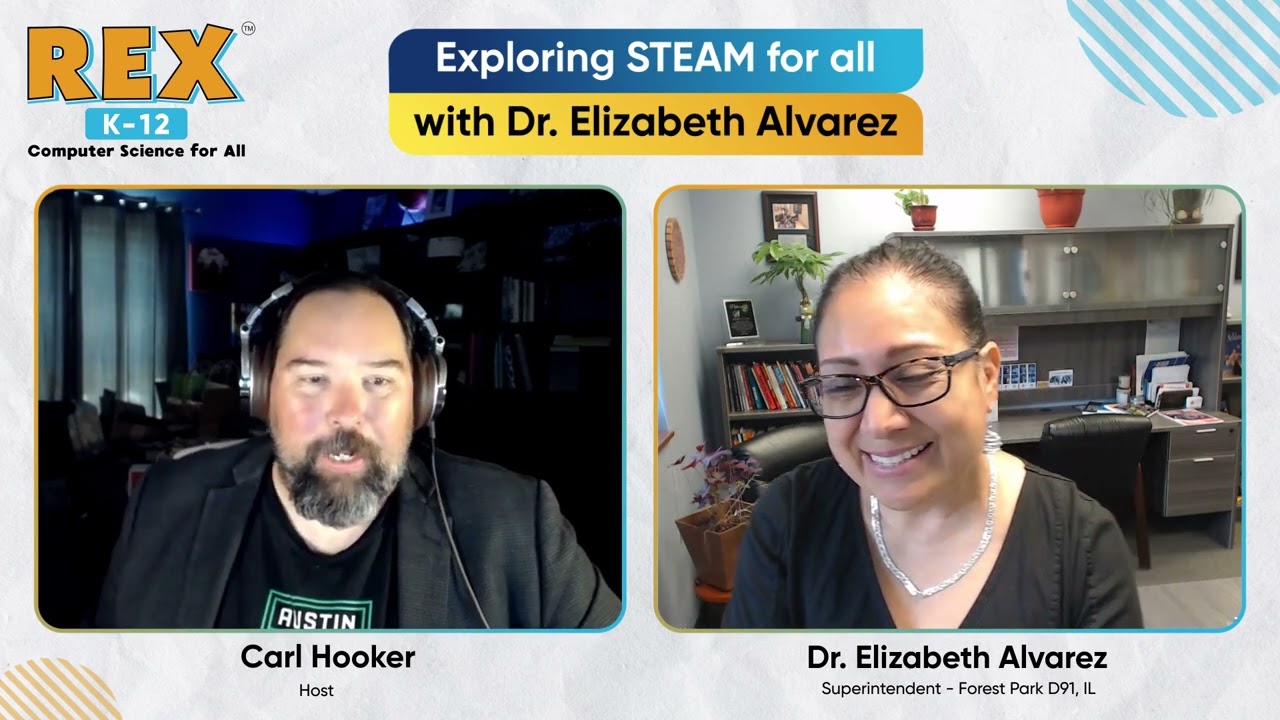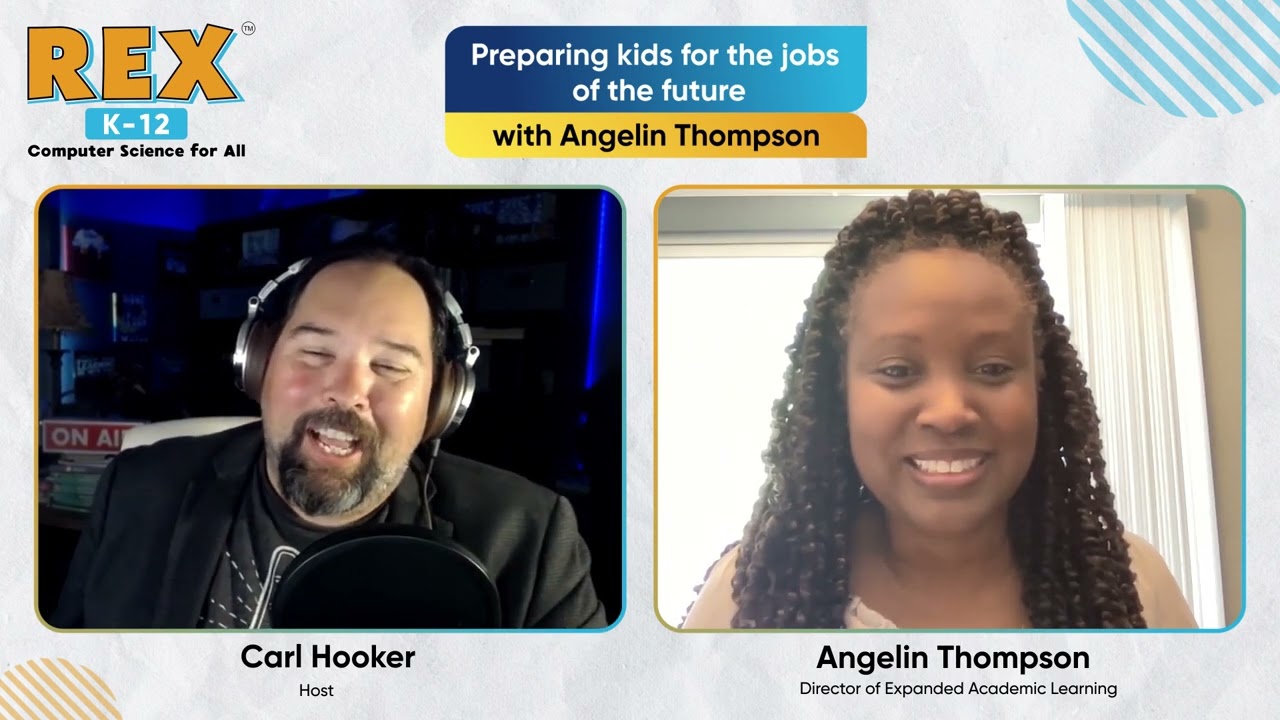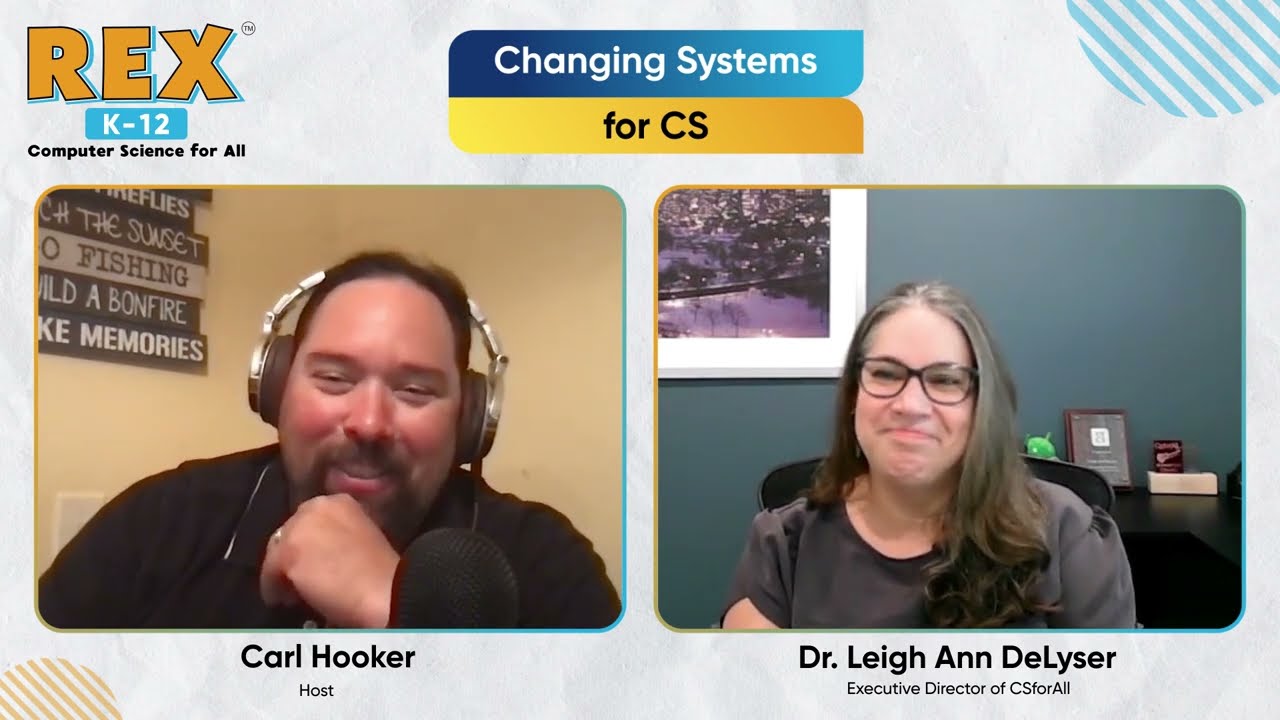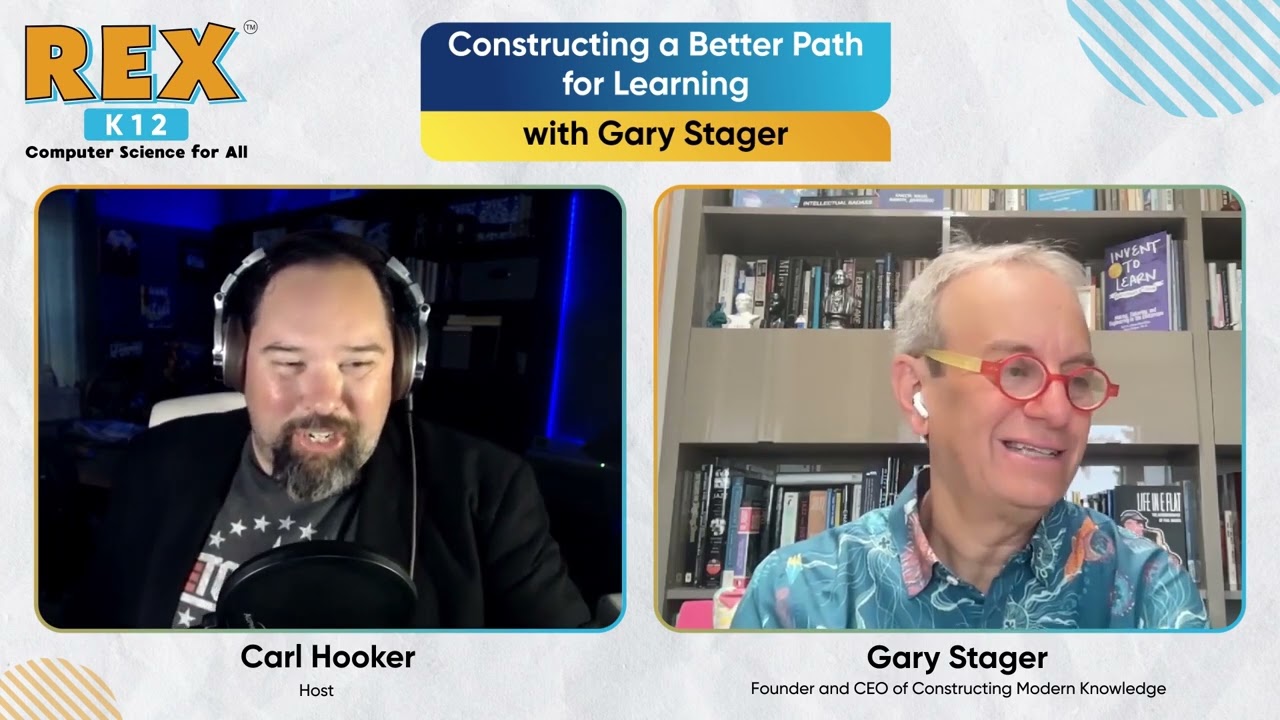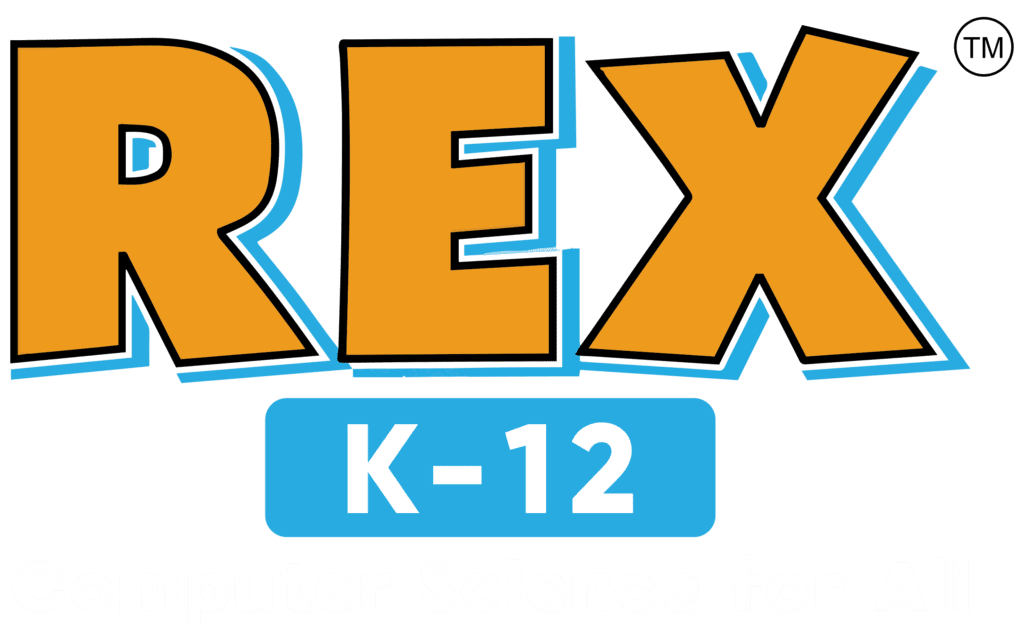Gary Stager has dedicated his life to learning and teaching around computer science. He’s stood on the shoulders of the heavyweights in the industry and has seen his share of challenges and successes when it comes to computer science in schools. In this episode, hear his unfiltered take on where education has been to where he thinks it’s going when it comes to all things coding, AI, and beyond.
Introduction:
In today’s digital age, computer science education holds immense value and potential for shaping the future. In this blog post, we delve into a fascinating conversation with Gary Stager, a renowned figure in the field of computer science education. Gary, the founder and CEO of Constructing Modern Knowledge, shares his captivating origin story, highlights the importance of computer science, and offers valuable insights on the current landscape of ed tech. Join us as we explore the transformative power of computer science education and discover where it is thriving.
Unleashing the Potential: Gary’s Origin Story:
Gary Stager takes us back to 1975 when he was a middle school student at Skyra Kofax Junior High School in Wayne, New Jersey. It was during this time that he embarked on a nine-week computer programming class that changed his life forever. Through programming computers, Gary experienced a sense of empowerment, creativity, and intellectual growth. This newfound passion led him on a six-year journey of programming, challenging his peers, and falling in love with the possibilities of computer science.
The Radical Educators Who Inspired Gary:
Throughout his career, Gary Stager has been influenced by a remarkable group of educators who were radical in their thinking and vision for education. From his middle school programming teacher, Mr. Jones, to Dr. Henry Peterson, the director of math and computing in his school district, Gary found mentors who believed in the transformative power of computer science education. He also mentions influential figures like Dan Watt, David Ahl, Cynthia Solomon, Seymour Papert, and David Thornberg, who played a crucial role in shaping his educational philosophy.
The Current Landscape of Ed Tech: Challenges and Opportunities:
Reflecting on the current state of ed tech, Gary Stager highlights both the challenges and opportunities that exist. He expresses concern about the overemphasis on consumption and the obsession with the latest trends, such as artificial intelligence (AI). While acknowledging the potential of AI, he cautions against the rapid adoption without considering the ethical implications. Gary advocates for a balanced approach that focuses on empowering learners, fostering creativity, and leveraging technology as an amplifier rather than a replacement for human agency.
Finding Inspiration in Progressive Education:
Progressive education plays a pivotal role in Gary Stager’s work and vision for computer science education. He draws inspiration from educators who were deeply rooted in progressive education traditions and were also activists in civil rights, anti-war, and women’s movements. Gary emphasizes the importance of preserving timeless educational values while embracing new technologies. He believes that computers and technology should enhance learning, amplify potential, and foster democratic, learner-centered environments.
Where Computer Science Education Thrives:
Gary Stager acknowledges that good ideas in education are often fragile and face challenges in implementation. However, he highlights several areas where computer science education is thriving. He mentions the accessibility and power of tools like the micro:bit, Stephen Wolfram’s Wolfram Language, and computational systems. These tools provide exciting opportunities for teachers and students to engage in engineering, robotics, and real computing. Gary emphasizes the need for educators to focus on the “bits” (computing) alongside the “atoms” (physical making) to create meaningful learning experiences.
Looking Ahead: Navigating the Future of Computer Science Education:
As we navigate the future, Gary Stager encourages educators to embrace computer science education as a liberal art that empowers learners in a complex and technologically advanced world. He emphasizes the need to develop learners’ perspectives, promote agency, and foster creativity. Gary envisions a future where policy decisions are informed by educators who possess expertise and understanding in the field of computer science education. By nurturing a generation of empowered learners, we can harness the potential of technology while addressing ethical concerns and shaping a more inclusive and equitable future.
Conclusion:
The conversation with Gary Stager sheds light on the transformative power of computer science education. His journey and insights provide inspiration for educators, policymakers, and stakeholders to reimagine the role of technology in education. By embracing a learner-centered, progressive approach and leveraging the potential of computer science, we can equip students with the skills and mindset to navigate an ever-evolving digital landscape. Let us embrace this opportunity to create a future where technology serves as a tool for empowerment and positive change.
To learn more about Gary Stager and his work, visit his website at ProfessorGaryStager.com and explore Constructing Modern Knowledge and CMK Press for valuable resources in computer science education.
